[Big read] Singapore’s wealthy elites are transforming the philanthropy landscape
Although Asia is the world’s second-largest source of ultra-high-net-worth individuals (UHNWIs), donations by Asia’s UHNWIs only account for 13% of the global share. This may be about to change, with the rise of family offices being set up in Singapore, and new modes of gifting that make it easier for donations of the wealthy to reach those in need here and in the region.
Risk averse: China’s private capital unmotivated to fund disruptive innovation applications
Technology specialist Yin Ruizhi notes that one major factor hindering China’s AI startup sector is the lack of venture capital coming in, due to a variety of reasons including regulations as well as a conservative approach by the Chinese government.
Why ‘overcapacity’ is a vague and misleading term
EAI senior research fellow Lance Gore notes that US concerns over what is perceived as China’s overcapacity might be unfounded and even indicative of US protectionism, and the fear that China might dominate manufacturing.
The decline of Hong Kong comics: Is politics to blame?
Academic Lian-Hee Wee and researcher Ng Kum Hoon rue the decline of Hong Kong comics, even if classics like Tony Wong’s crime syndicate-related, pugilistic stories live on to today. Politics aside, is it a question of Hong Kong’s youths being too pampered? Or is the industry bent on sterilising itself?
China narrows gap with US in space travel
China has made great strides in its space exploration efforts in the past few years, most recently with the successful launch of Shenzhou-18 manned spaceship. However, Lianhe Zaobao correspondent Yu Zeyuan notes that while China is narrowing the gap in aerospace technology with the US, there is still a long way to go to catch up.
China’s anti-espionage law severely impacting China-Japan exchanges
Japanese academic Shin Kawashima says that China’s unclear application of its anti-espionage law is severely hindering people-to-people exchanges between Japan and China.
How do the West’s concerns about China’s overcapacity stack up?
Although China’s industrial overcapacity, which sits near the worst levels in the last decade, looms large in the minds of foreign leaders and policymakers, it is not new in the country.
Balikatan 2024 exercise will escalate South China Sea tensions
Chinese academic Peng Nian says that Balikatan 2024, the annual joint military exercise between the US and the Philippines held in an expanded format, will escalate tensions in the South China Sea.
[Big read] Middle Eastern investment surge in China sparks US concerns
Since last year, European and American funds have become less interested in investing in the Chinese market while Middle Eastern sovereign funds have upped their investments in Chinese assets. Many Chinese entrepreneurs and venture capital firms have since been eager to court Middle Eastern funds. However, the latter have more complicated motives for investing in China than just wealth accumulation. Lianhe Zaobao journalist Liu Sha explains.
Why won’t Washington succeed in curbing China-Russia trade?
US academic Zhu Zhiqun explains the China-Russia quagmire in US-China relations, pointing out that US officials should ask themselves: is it realistic to expect Beijing to curb trade with Russia when Washington itself is forming all the security alliances to counter China?
Taiwanese youths want to see China with their own eyes
Taiwanese academic Chih-ming Wang reflects on the seeming openness to Chinese popular culture influences and Chinese social media platforms among Taiwan youths. Is it all pure entertainment or are efforts at soft power infiltration behind the fun and games?
A revival of the tribute system? Taiwanese reactions to Ma Ying-jeou’s visit to China
While there was much fanfare over former Taiwan President Ma Ying-jeou’s visit to China in April, Taiwanese academic Wen-Hsuan Tsai observes that Taiwanese sentiment, especially among young Taiwanese, has been mostly lukewarm.
Southeast Asia and the chip wars: Navigating a decoupling world
The race for some Southeast Asian countries to anchor themselves in the global semiconductor industry is open and evolving, even as it is complicated by factors like great power rivalry.
[Big read] Chinese youths embrace alternative therapies for mental well-being
As a result of China’s economic downturn and rampant “involution”, Chinese youths are suffering from anxiety, depression and insomnia. The “996” work culture, shaming of “lying flat”, and the erosion of sleep by mobile phones and the internet have taken their toll on this troubled demographic. Hence, urban Chinese youths are increasingly embracing new ways of alleviating pressure, including singing bowl sound therapy, aromatherapy, sound bed therapy and Buddhist meditation therapy. Lianhe Zaobao journalist Meng Dandan takes a look at this trend.
The Chinese are storing loved ones’ ashes in residential areas
Most of us would be familiar with the idea of cemeteries and columbariums, but what about a residential unit to store the ashes of the departed? Lianhe Zaobao’s China Desk looks into how rising prices of burial plots has led to a somewhat unconventional solution in China.
[Comic] Post-rock and Chinese Dreamcore: Remembering a better time in China?
The prosperous and primitive era started with the reform and opening up of the 1980s and ended with the internet explosion of the 2010s. In this narrow time frame, broadband internet became a memory of the millennium. The Chinese Dreamcore has recently gained attention from niche visual arts — the concept is new, but the substance is not. With China’s rapid economic and technological development, a lot of memories and processes are becoming blurrier. Increased efficiency has come at the cost of spiritual growth. Many young Chinese are attracted by the Chinese Dreamcore, creating surreal and nostalgic visuals representing the art style. I think it is not so much about missing the times that are gone forever, but more because in the early years of the internet, time passed slowly and emotions were real. And while people were materially poor, they were rich in spirit. Everything looked so pure and alive, the exact opposite of today. — Bai Yi
![[Big read] Modi is cruising towards re-election but is India’s growth sustainable?](https://cassette.sphdigital.com.sg/image/thinkchina/18d620e9cf0a0e14b699f2804fd7ea10b30aca3483229439b3fd07b3bdf118cb?w=1024)
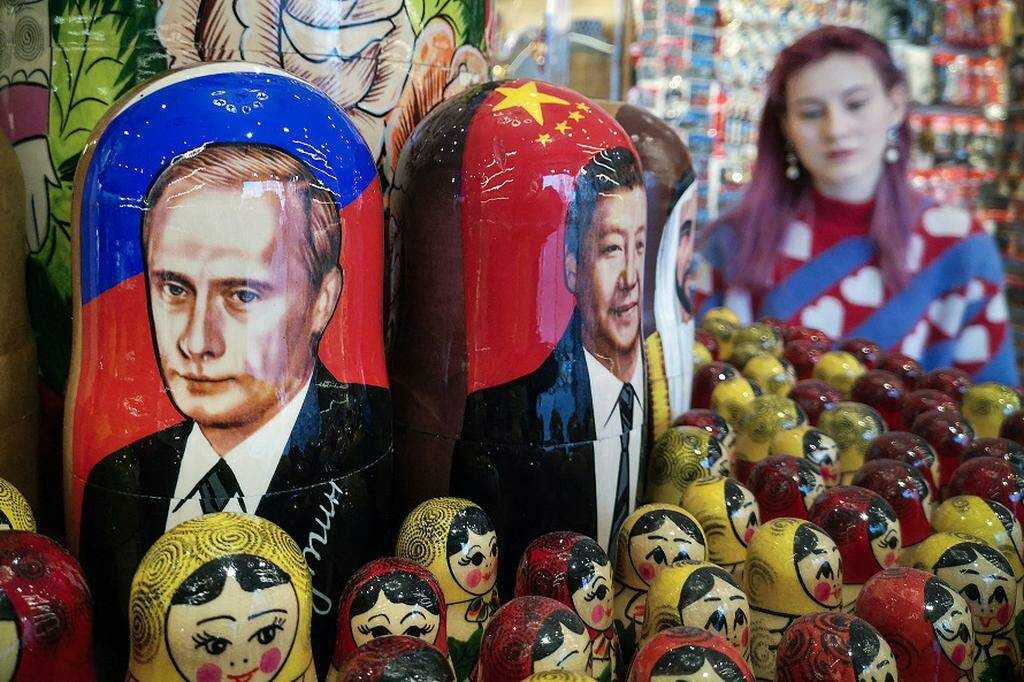
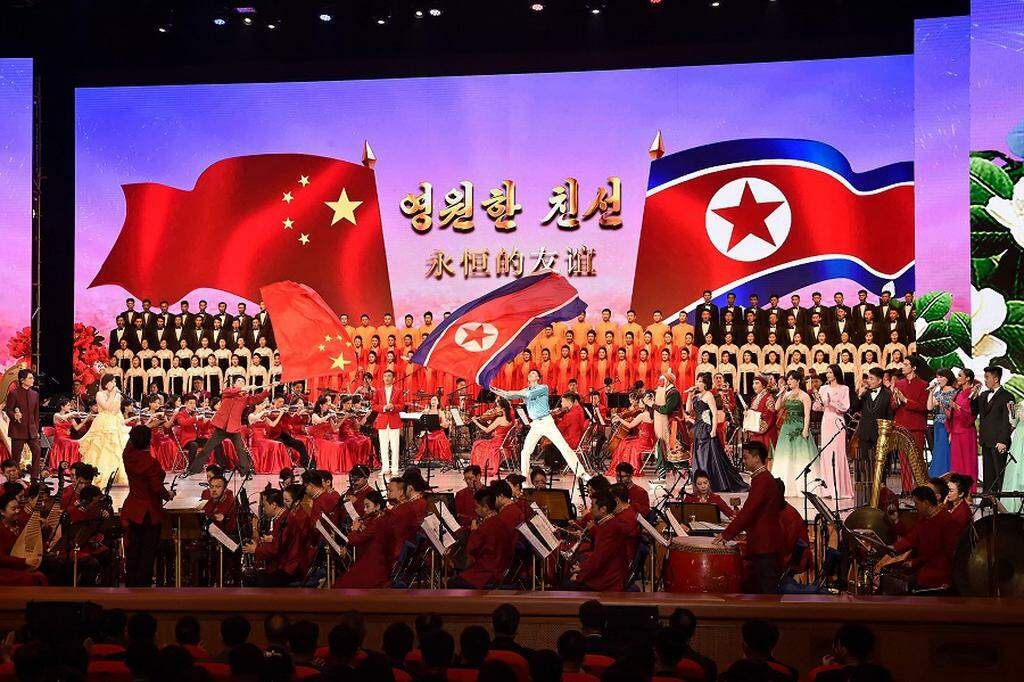
![[Big read] Singapore’s wealthy elites are transforming the philanthropy landscape](https://cassette.sphdigital.com.sg/image/thinkchina/6ae0213ae910b373bafbeb93026ce5533dc70c7f1ad3b086ac2b7d266074c929?w=1024)

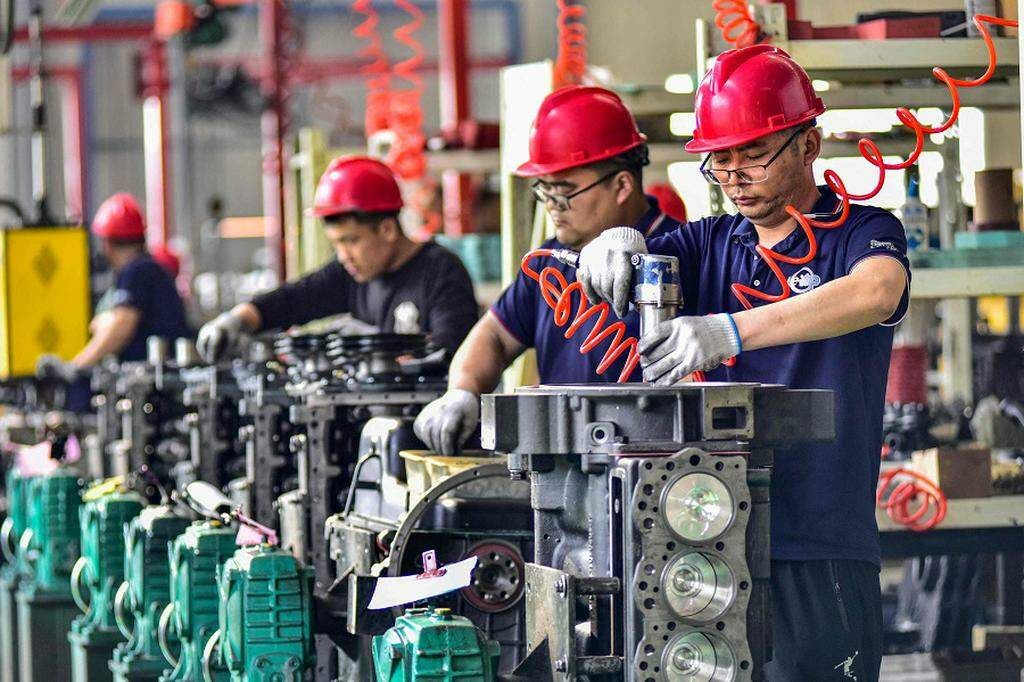
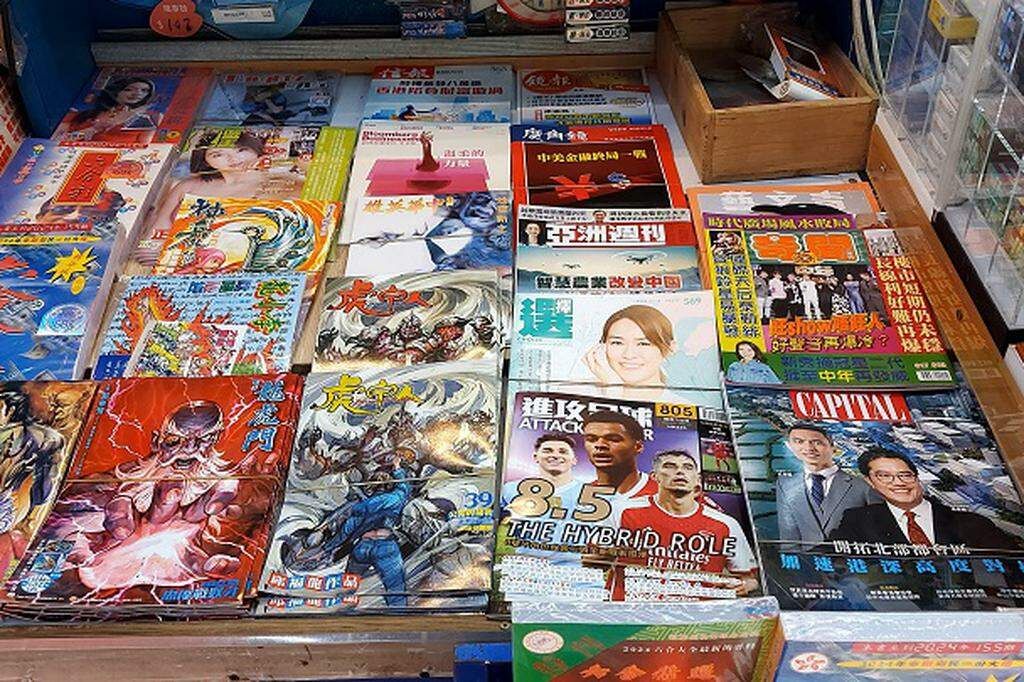
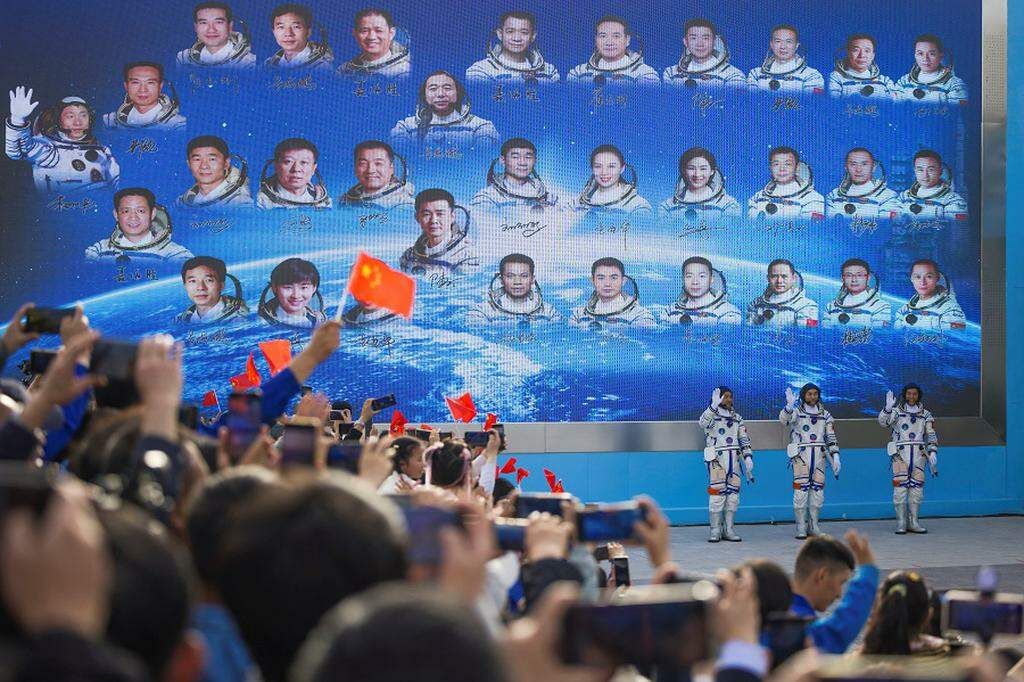

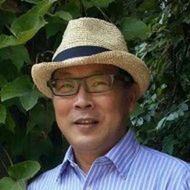
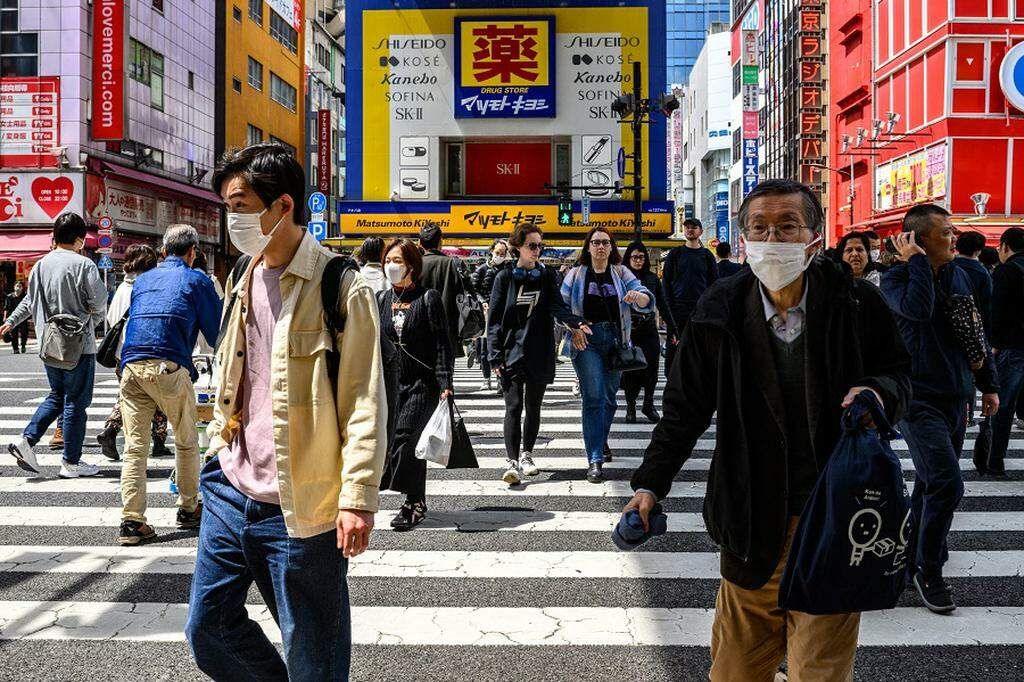
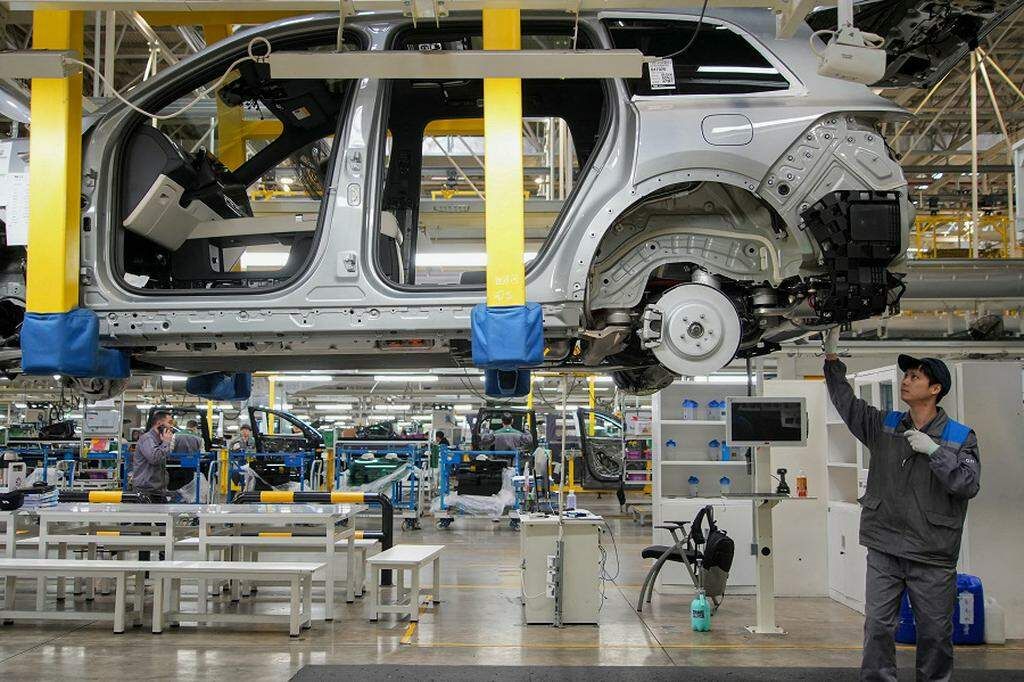

![[Big read] Middle Eastern investment surge in China sparks US concerns](https://cassette.sphdigital.com.sg/image/thinkchina/3afeed14d935c67e5dc088be740678d9f4bc28552b727d32c311e15ff6fc48b6?w=1024)
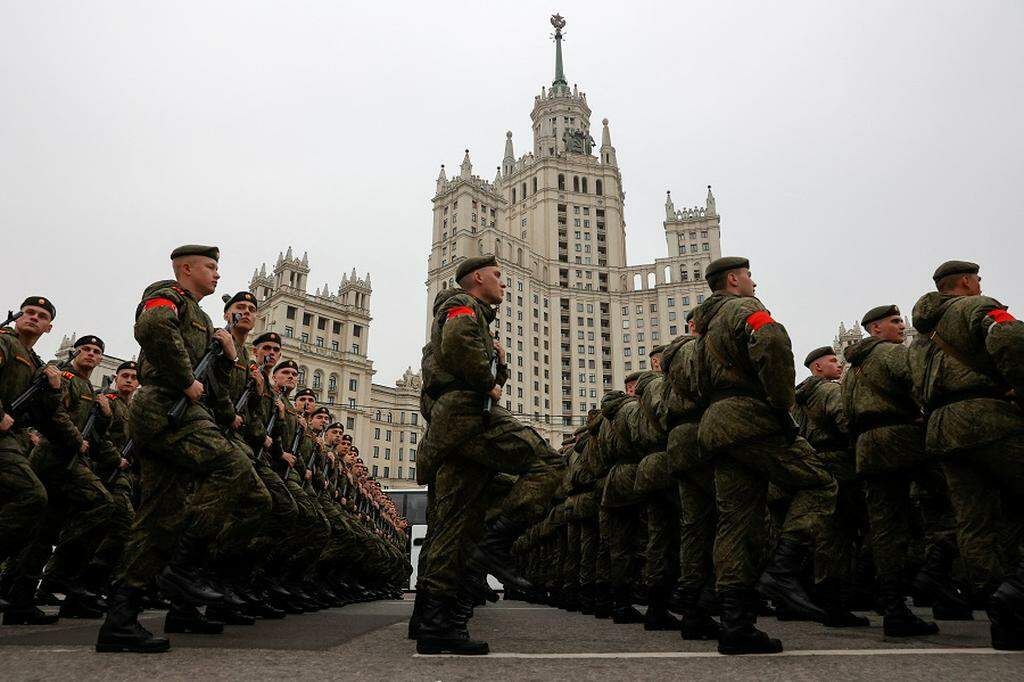
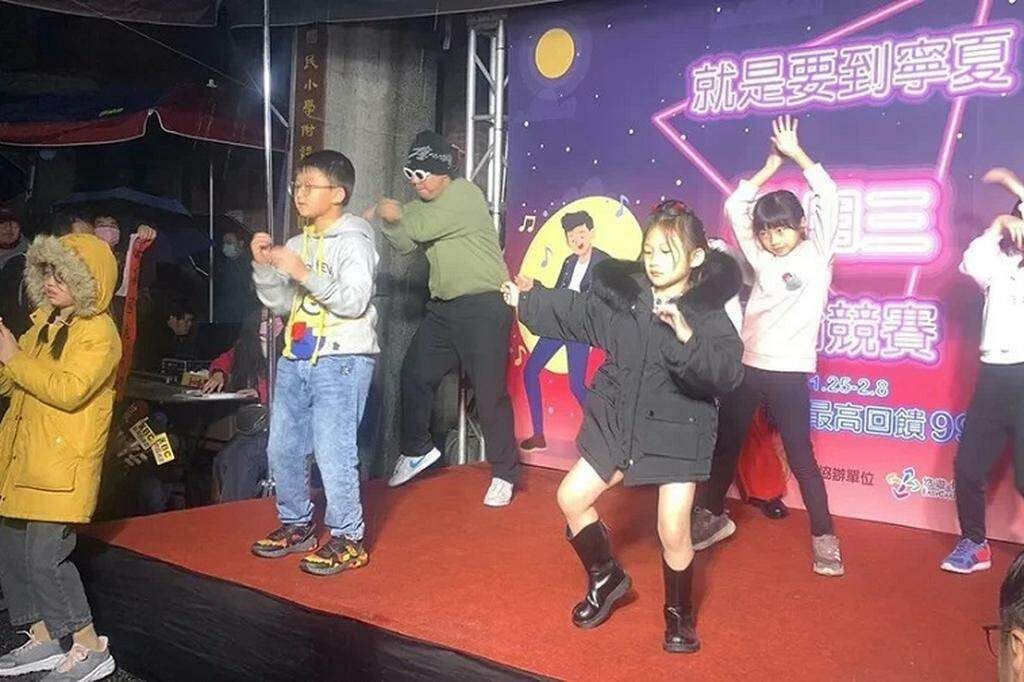
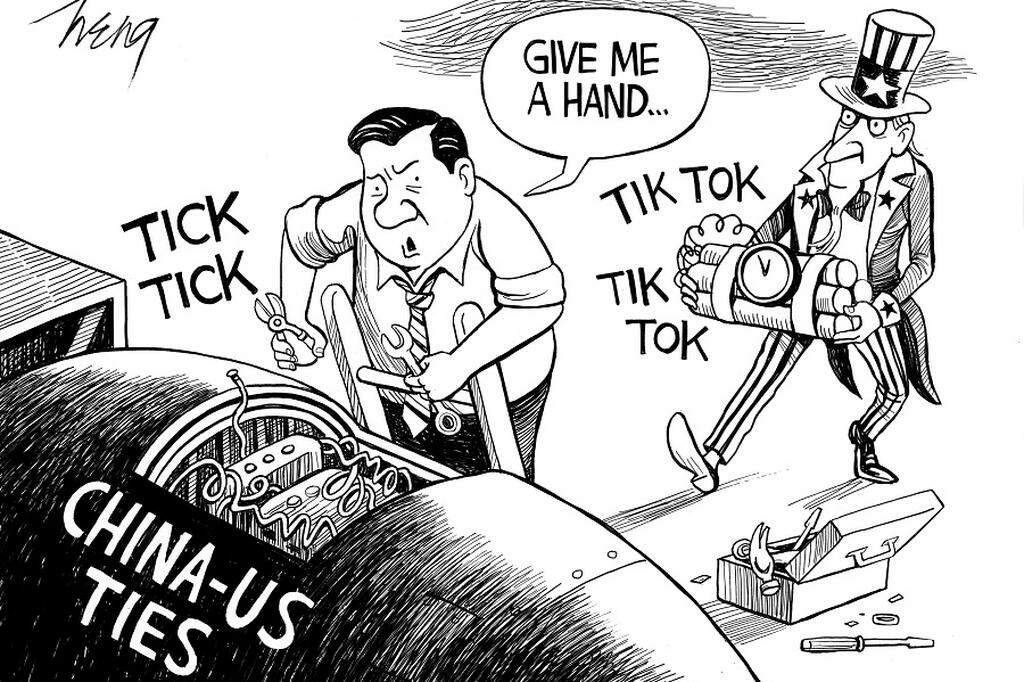
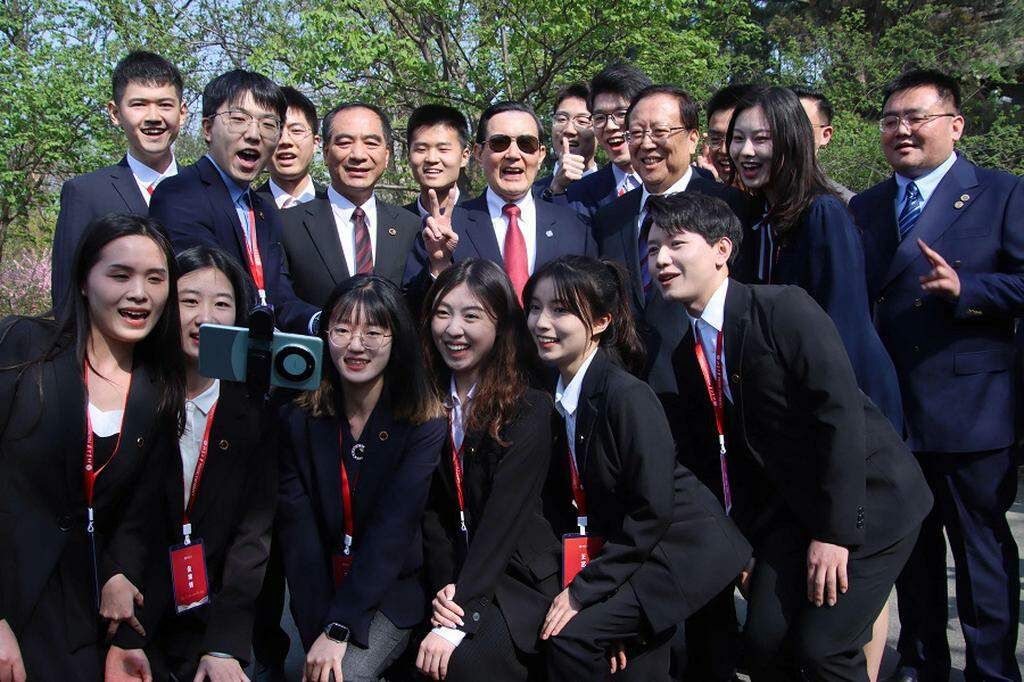
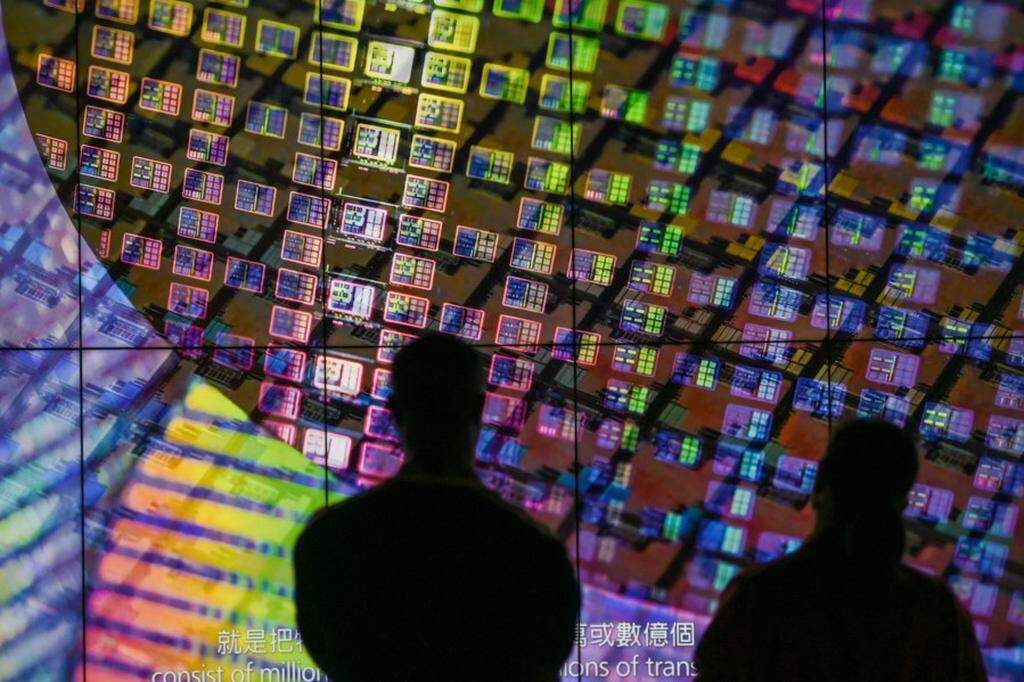
![[Big read] Chinese youths embrace alternative therapies for mental well-being](https://cassette.sphdigital.com.sg/image/thinkchina/4ae67978a58909bbd671d75e2b880efbe7861ae2d857a997fb0496a5b639e5af?w=1024)
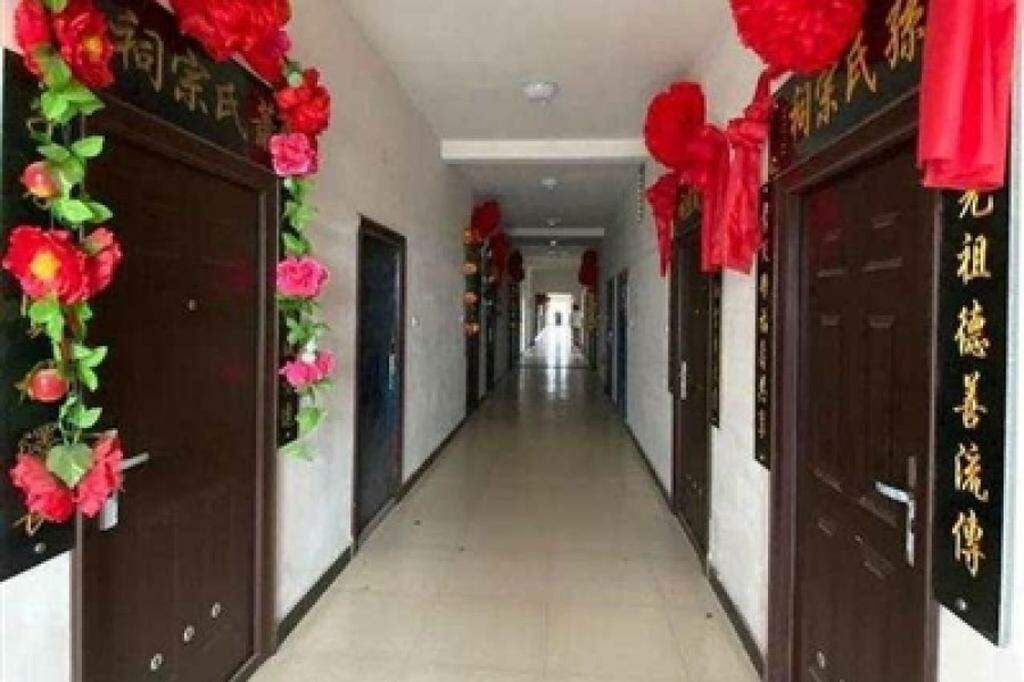
![[Comic] Post-rock and Chinese Dreamcore: Remembering a better time in China?](https://cassette.sphdigital.com.sg/image/thinkchina/89828d30a0ddb016f2c08dd094f13ab5f585ddc1b2937b90489182c3b782a2f1?w=1024)